7 Foods that Help You Produce Youth Enzyme CoQ10
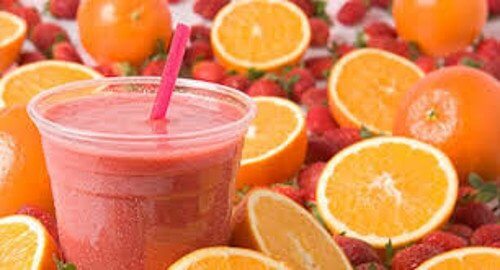

Written and verified by psychologist Valeria Sabater
You may have heard people talking a lot about the so-called youth enzyme, coenzyme Q10, also known as ubiquinone or CoQ10.
It’s an antioxidant that’s naturally found in each and every one of your body’s cells.
Its job is as fundamental as it is helpful: it protects you from free radicals. It also guards against any external agent that causes oxidative harm.
In addition, it makes it easier for cells to make energy. This increases the resistance, strength, and firmness of many of your muscles.
A larger concentration of CoQ10 in your body translates to a better ability to fight the effects of aging.
In fact, wrinkle creams all have this as one of their ingredients. Each one of them adds this fantastic, multi-use enzyme.
Now, before using external treatments, there’s something even better for your body. We want our bodies to produce CoQ10 naturally.
Today, we want you to take a look at the 7 foods that will help you do this. Take note!
7 Foods that help you naturally produce CoQ10
1. Salmon
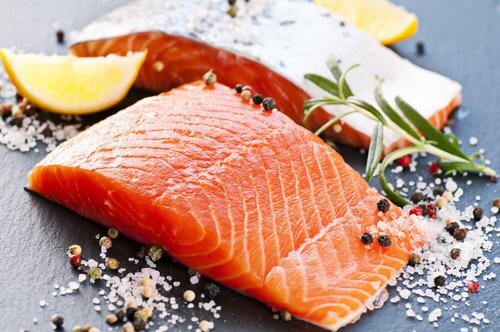
Fish rich in fatty acids, like omega 3 and omega 6, are indispensable for both regaining and raising your levels of CoQ10. Among them, the most recommended is undoubtedly salmon.
In Japan, for example, the Japanese people usually enjoy a good level of this antioxidant. This is because they include a lot of fresh and raw fish in their diets.
Of course, eating raw fish isn’t always wise. So, you only have to remember that you should eat fresh salmon, mackerel, or sardines three or four times per week.
2. Chicken
Meat is generally very rich in CoQ10. However, red meat isn’t very good because of its high amount of fat. This fat is toxic and raises your cholesterol and triglycerides. So, we’ll turn to chicken instead.
Chicken thighs are a very good source of CoQ10. Combine them with other nutritious foods for a healthy, balanced diet. However, avoid cooking chicken with too much oil.
3. Peanuts
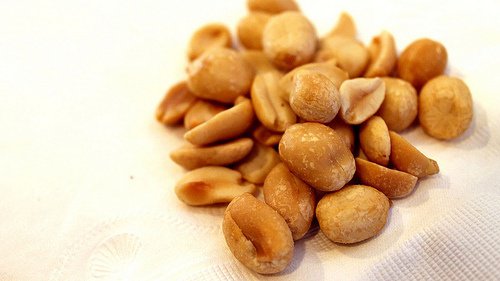
Not all foods that are rich in CoQ10 come from animal sources. Peanuts, for example, provide a high amount of this compound.
An ounce of toasted peanuts has 0.8mg of CoQ10. In addition, like grapes, peanuts are also rich in resveratrol, a very healthy anti-aging antioxidant.
Because of this, if we eat a proper amount, it has several positive effects. It regulates blood flow and takes care of the firmness of our muscles. This allows us to fight the effects caused by the passage of time.
4. Broccoli
CoQ10 is also present in broccoli and broccoli sprouts.
Eating this vegetable on a regular basis allows us to prevent several diseases. This includes heart disease and blood clots. This is because of its high amounts of antioxidants, like CoQ10.
Some important information to remember is that CoQ10 is only present in fresh foods. If they’ve been frozen or canned, this coenzyme disappears.
5. Orange and strawberry juice
In general, fruits don’t often have CoQ10. The only ones that can help us make up what we need are oranges and strawberries.
Because of this, it’s a very good idea to drink these as a fresh juice as often as possible.
Don’t sweeten it: sweetening it with anything takes away from its nutritional effects. This includes adding sugar, honey, and even stevia.
6. Spinach
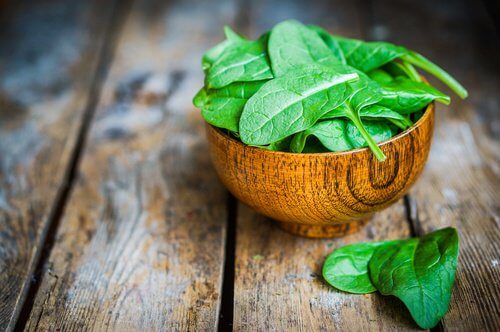
Spinach is rich in vitamins, fiber, and minerals. It also has phytonutrients like beta-carotene and lutein. All of these elements are responsible for protecting us from cellular damage.
If you want to take care of your skin’s firmness, fight deep wrinkles or get back your face’s radiance and tone, don’t hesitate. Eat spinach!
7. Tofu
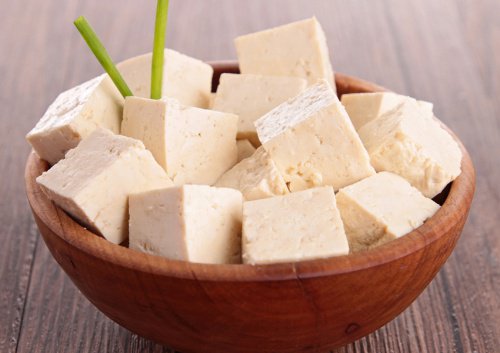
Tofu is a 100% vegetable protein. It’s made with soy beans.
Include this in your salads and soups. This is a good food to eat because the large amount of CoQ10 and calcium it has protects your bones. It also protects your muscles and your body in general.
Tofu has as much protein as meat, and it’s full of B-complex vitamins. This covers a large amount of our cells’ energy needs. This also helps them fight the effects of time.
As we age, we lose small amounts of CoQ10 little by little. It’s necessary to cover these losses with the foods mentioned on this list. They’ll be a great help!
All cited sources were thoroughly reviewed by our team to ensure their quality, reliability, currency, and validity. The bibliography of this article was considered reliable and of academic or scientific accuracy.
- García Triana, B. E., Saldaña Bernabeu, A., & Saldaña García, L. (2013). El estrés oxidativo y los antioxidantes en la prevención del cáncer. Revista Habanera de Ciencias Médicas, 12(2), 187-196.
- Mataix Albert, B. (2005). Efecto de los ácidos grasos de la dieta y la suplementación con coenzima Q10 sobre el estrés oxidativo cerebral durante el envejecimiento.
This text is provided for informational purposes only and does not replace consultation with a professional. If in doubt, consult your specialist.








